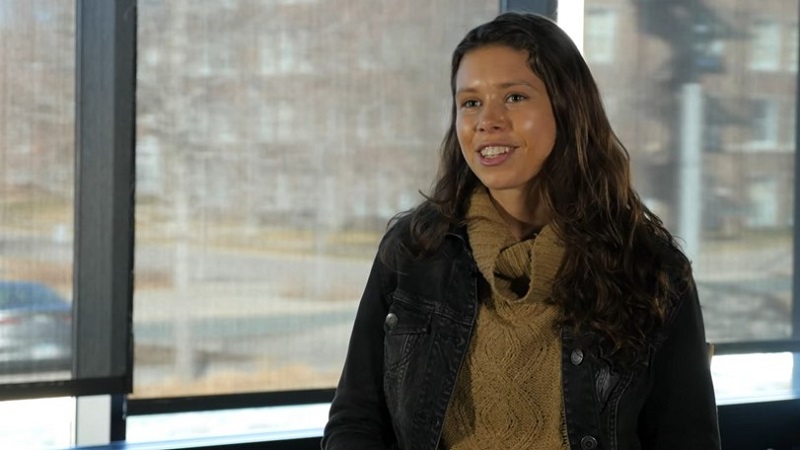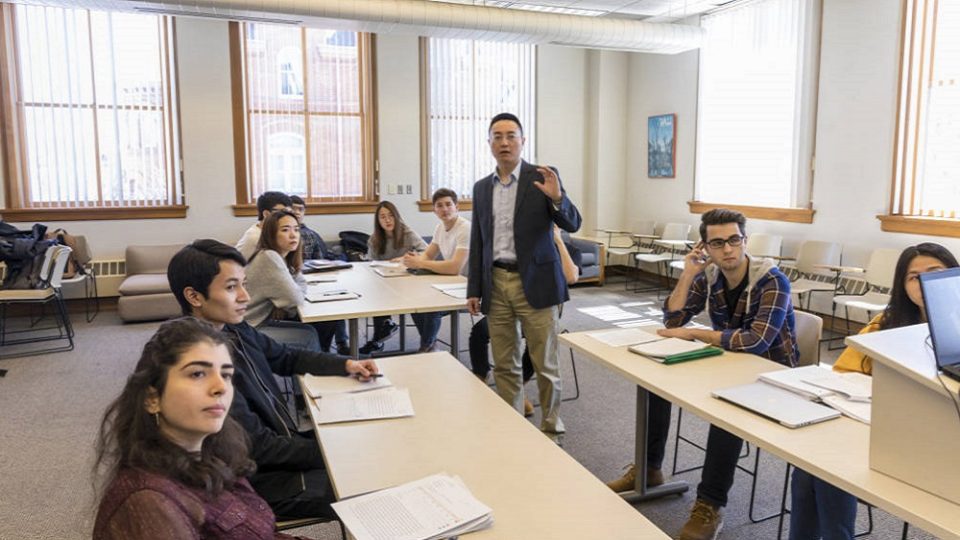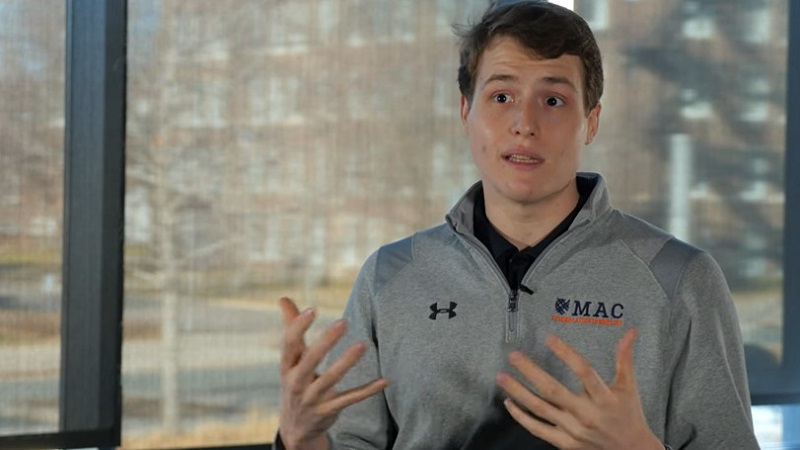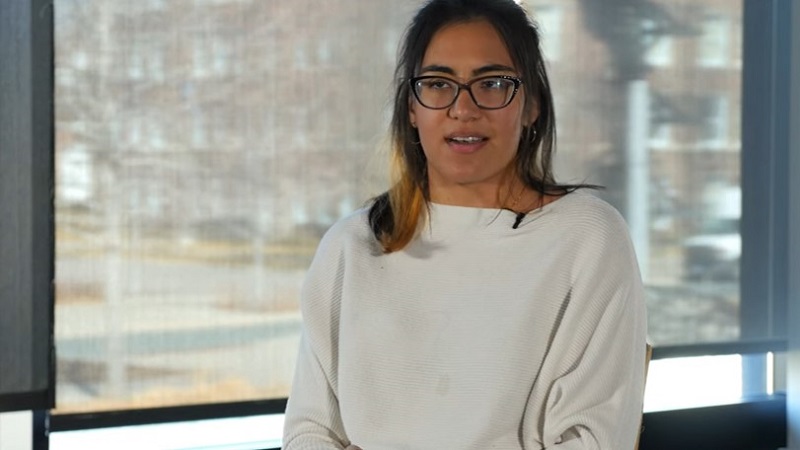
Willow from Montpelier, Vermont, uses her courses at Macalester to practice being a policy maker. A few examples: she’s written proposals for climate displacement agreements and worked on class projects about how to make American democracy more inclusive.


